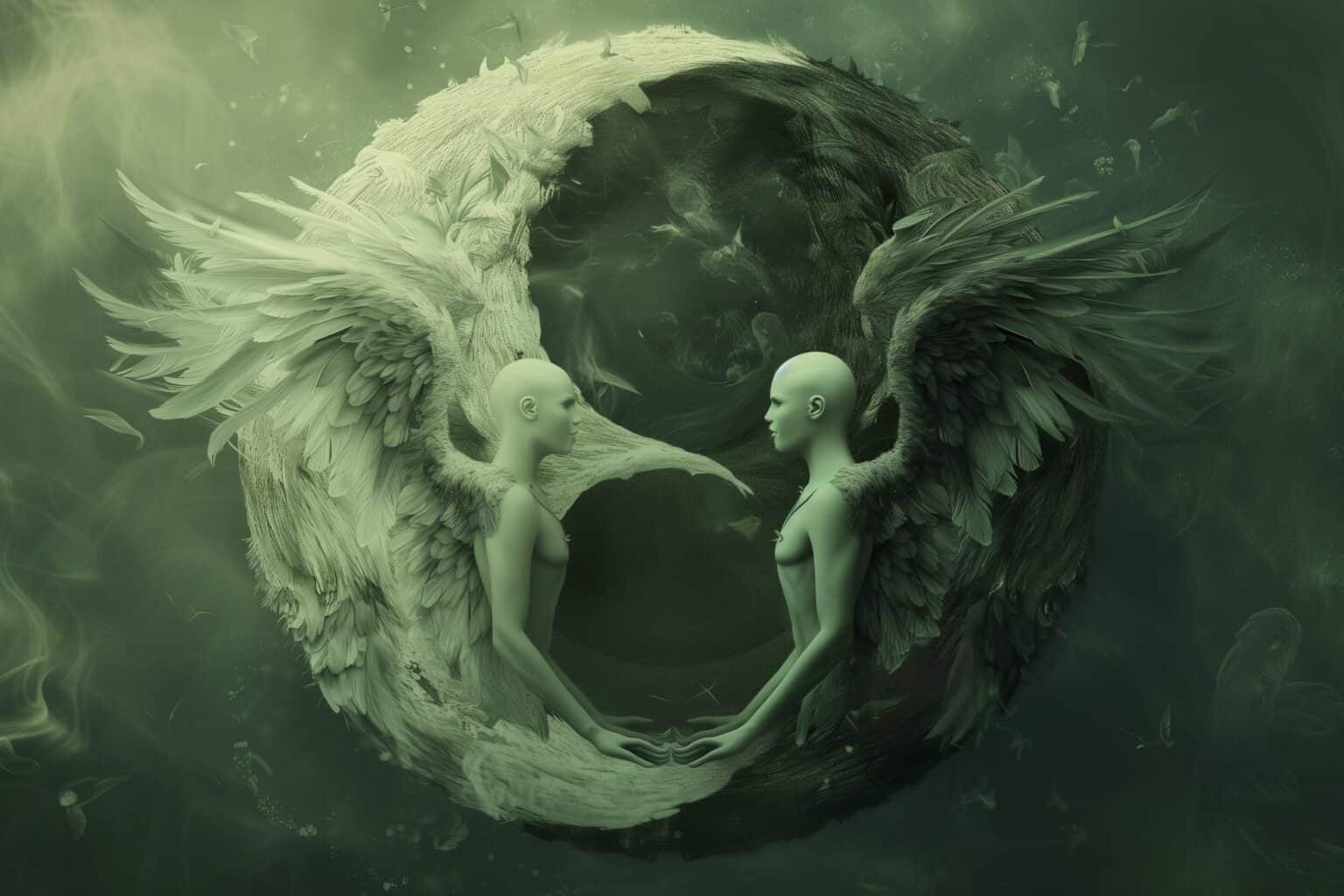Table of Contents
Gabriel is one of the most well-known archangels, commonly recognized in religious traditions, including Christianity, Judaism, and Islam. Here are some key points about Gabriel across these faiths:
In Christianity
Gabriel is celebrated as the messenger archangel who announced significant events in the New Testament, such as the births of John the Baptist and Jesus Christ to Elizabeth and Mary, respectively. He is often depicted in Christian art carrying a lily or a trumpet, symbols of the Annunciation and the final judgment.
In Judaism
Gabriel is considered a powerful archangel who performs acts of justice and power. He appears in biblical texts like the Book of Daniel, where he helps Daniel interpret his visions. In Jewish folklore, Gabriel is also known for his role as a protector and warrior, defending Israel against its foes.
In Islam
Gabriel (Jibril in Arabic) holds a prominent place as the angel of revelation. He is most revered for conveying the Qur’an to the Prophet Muhammad, guiding him over a period of 23 years. Gabriel is also involved in other key events, such as accompanying the Prophet during the Mi’raj (the ascension to heaven).

Blow the trumpet of the day of judgment.
The concept of angels and demons representing duality is deeply rooted in various religious, mythological, and philosophical traditions. This duality is often used to symbolize the opposing forces or aspects of good and evil, light and darkness, purity and corruption, and other binary contrasts.
Book of Daniel (Old Testament)
Daniel 8:15-16: When Daniel has a vision involving a ram and a goat, Gabriel is instructed to explain the vision to him. The passage reads: “When I, Daniel, had seen the vision, I sought to understand it. And behold, there stood before me one having the appearance of a man. And I heard a man’s voice between the banks of the Ulai, and it called, ‘Gabriel, make this man understand the vision.'”
Daniel 9:21-23: Gabriel appears again to provide insight and explanation to Daniel’s prayers about the seventy weeks prophecy. The text states: “While I was speaking in prayer, the man Gabriel, whom I had seen in the vision at the first, came to me in swift flight at the time of the evening sacrifice. He made me understand, speaking with me and saying, ‘O Daniel, I have now come out to give you insight and understanding.'”
Gospel of Luke (New Testament)
Luke 1:19: Gabriel identifies himself to Zechariah, the father of John the Baptist, when he appears to him in the temple. Gabriel says, “I am Gabriel. I stand in the presence of God, and I have been sent to speak to you and to bring you this good news.”
Luke 1:26-31: Gabriel is sent by God to Nazareth to visit Mary, the future mother of Jesus. This passage includes the famous annunciation scene, where Gabriel tells Mary she will conceive and bear a son, Jesus.
